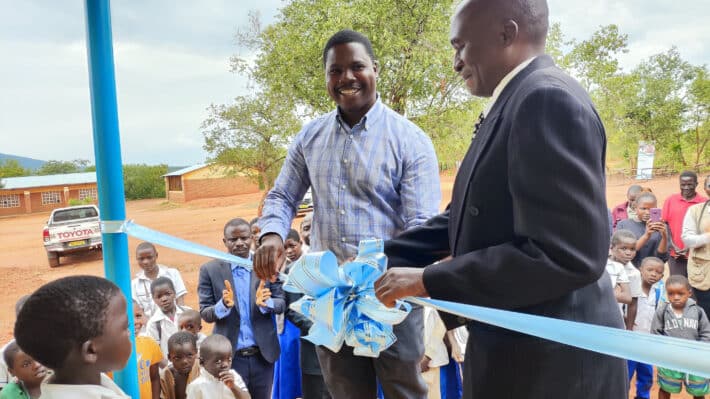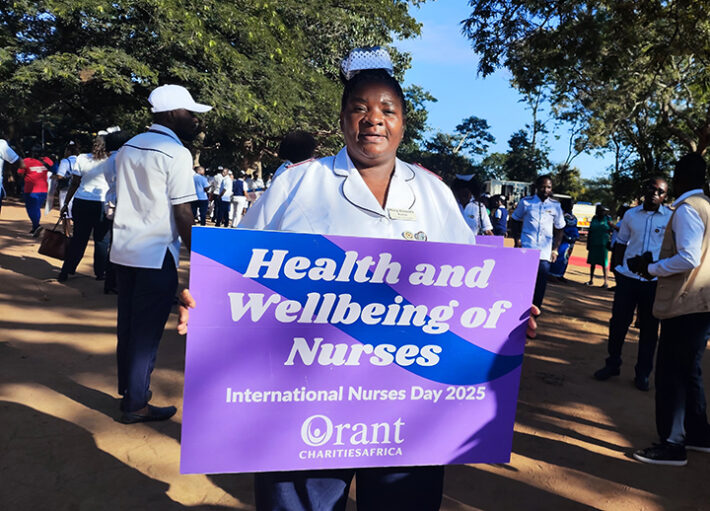World Malaria Day 2024
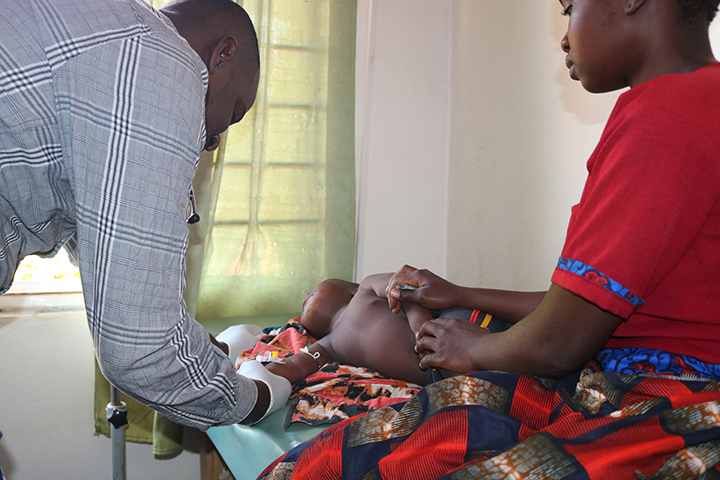
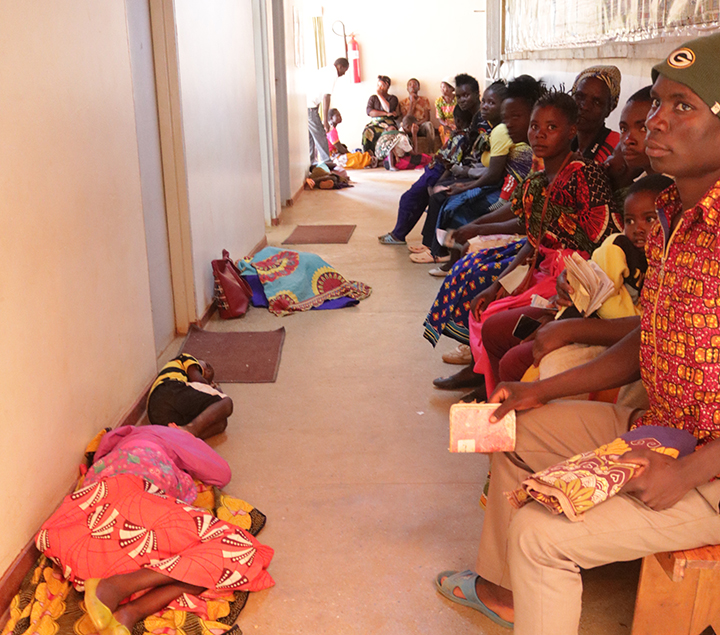
Commemorating World Malaria Day 2024
It is a beautiful Monday morning and everyone is busy. Whilst school children are going to school, business people are getting to their businesses and others are going to work, our medical team is also arriving on our campus, ready to assist hundreds of patients who have already arrived hoping for assistance.
As the medical team is preparing to start treating patients, a young mother is seen getting off a motorcycle, rushing to a clinician’s room. “Adokotala ndithandizeni! Mwana wanga akungokomoka,” meaning “Doctor please assist me! My son is convulsing!” she says.
Our clinician rushes and assists the 11 month baby and in no time, the baby is getting better.
Baby Praise, from Kalonga village in Kasese, is diagnosed with severe Malaria and is referred to another healthcare institution where he is admitted for further medical care.

What is Malaria?
Malaria is an acute febrile illness caused by Plasmodium parasites, which are spread to people through the bites of infected female Anopheles mosquitoes. Some signs of malaria include: fever, chills, headache, nausea, vomiting, and diarrhoea. Much as malaria is deadly, it is also preventable and curable.
Malaria is very dangerous in children, especially those under the age of five and in worst cases, repeated attacks can cause chronic anaemia, jaundice, and hepatosplenomegaly.
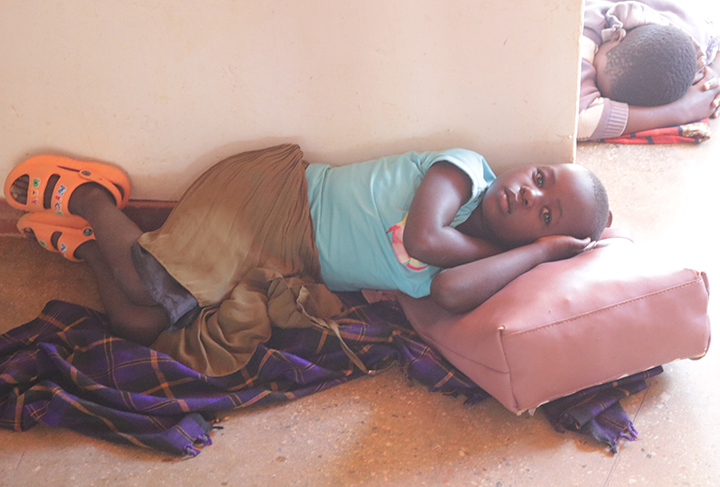
Malaria is a WASH related disease
Mostly, when we think and talk of malaria prevention, we often focus on the use of mosquito nets and medical treatments. There is a lesser-known story of the fact that malaria is a Water, Sanitation and Hygiene related disease. Malaria is a WASH related issue because water, sanitation and hygiene play a big role in the transmission as well as the prevention of the disease. Poor sanitation practices including poor waste management, lack of proper latrines and lack of proper water management create ideal breeding sites for mosquitos which inturn increases the risk of malaria transmission. On the other hand, good sanitation practices go a long way in malaria prevention
Current Malaria State in Malawi
Currently Malawi is facing an outbreak of malaria which has resulted in our Kasese Health Centre and MOC clinics becoming quite crowded. This is unusual as mostly, the months between November and February are what are considered ‘Malaria season’ as there are a lot of breeding places for mosquitos due to rains, while later in the year the disease becomes less prevalent. Amidst the Malaria outbreak that Malawi is facing, there is also a challenge of lack of anti-malarial drugs that healthcare facilities are facing. However, with support from the Malawi government, healthcare teams are working tirelessly to treat Malaria cases and reinforcing preventative measures.
Willing to support malaria testing and treatment in Malawi? Please Contact our Lead Development Officer, Erin Hearn.



